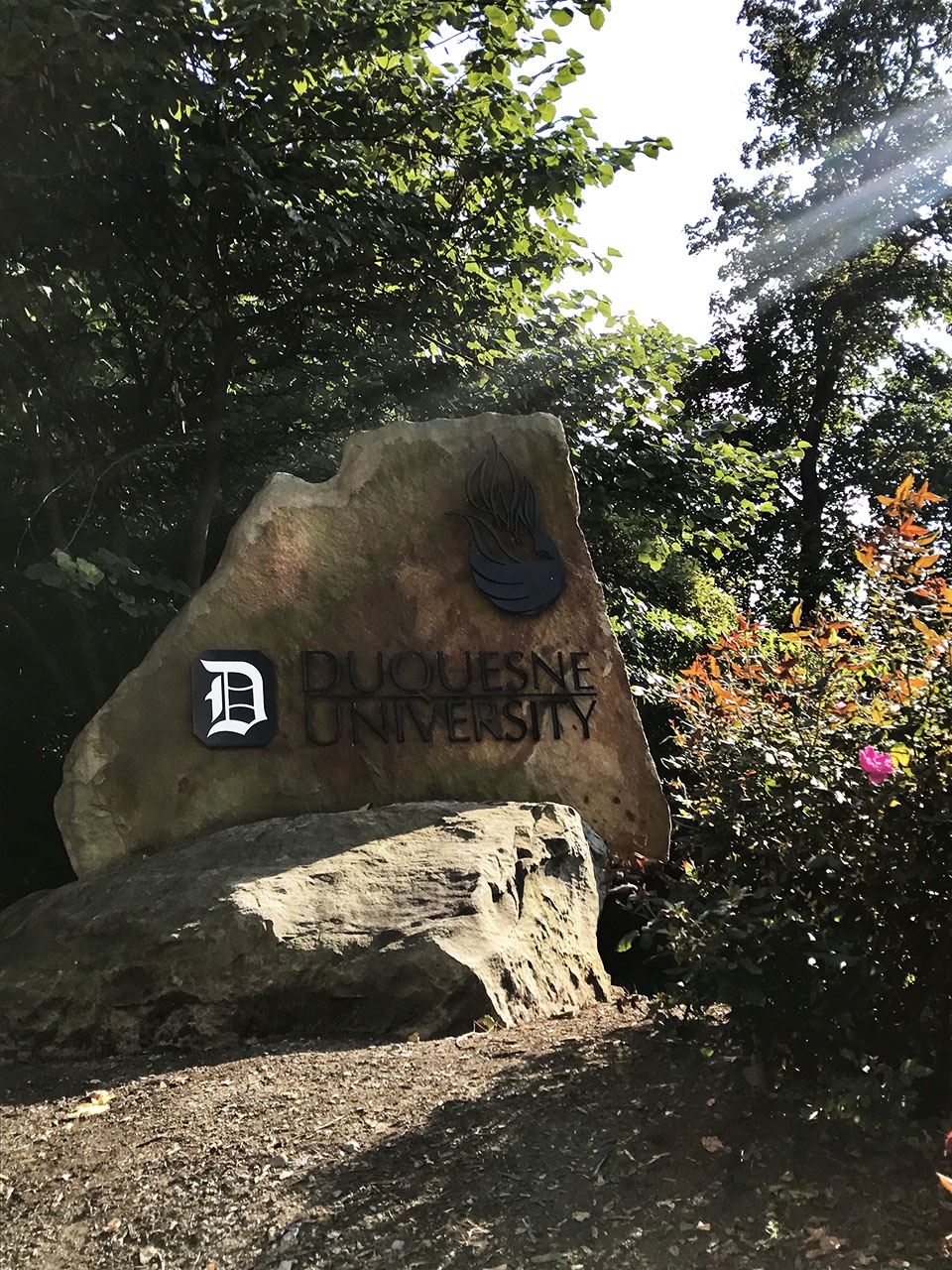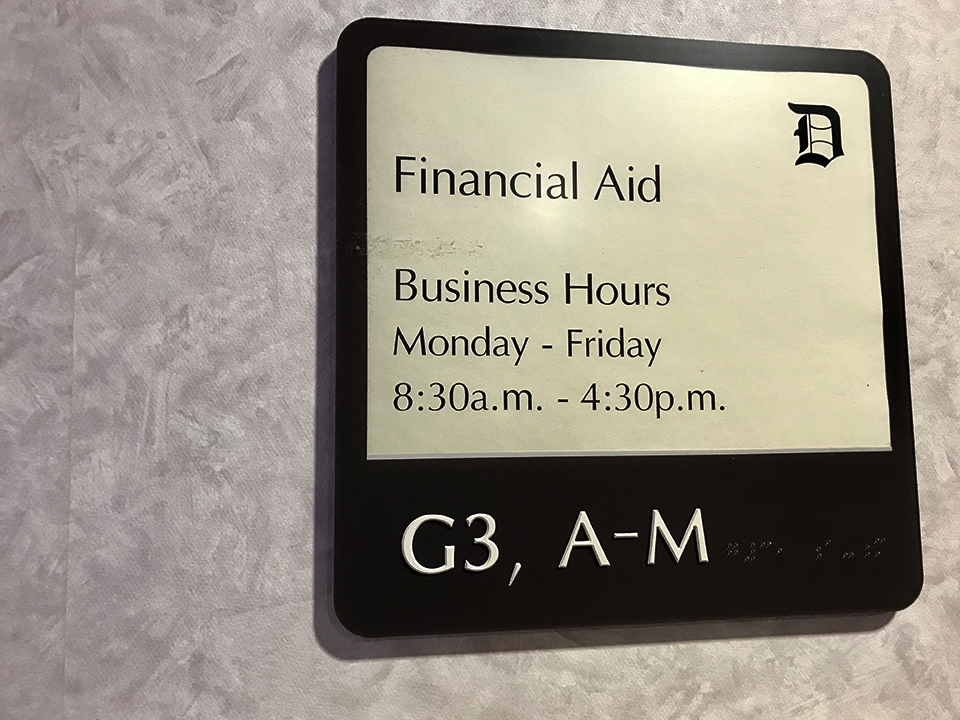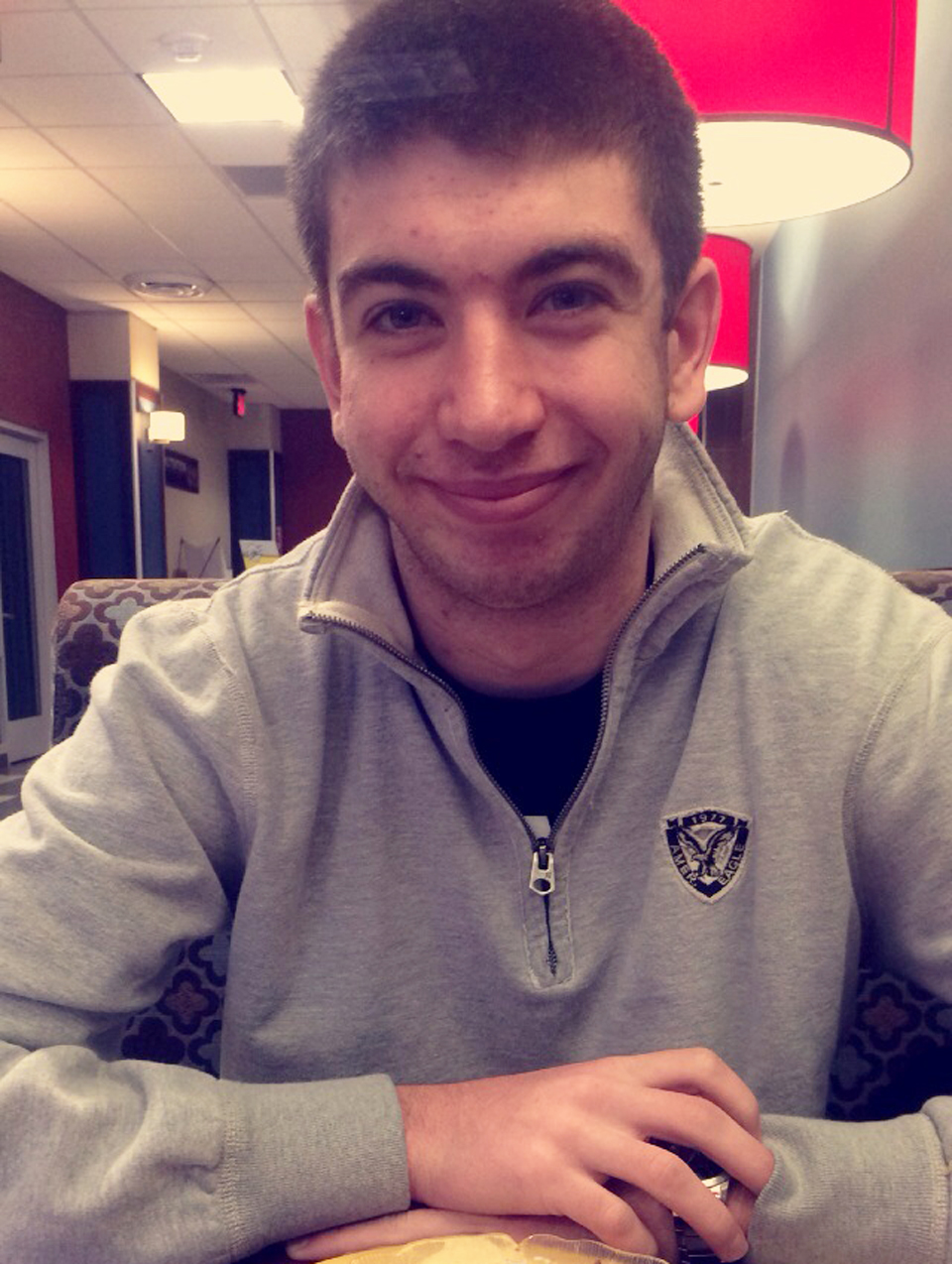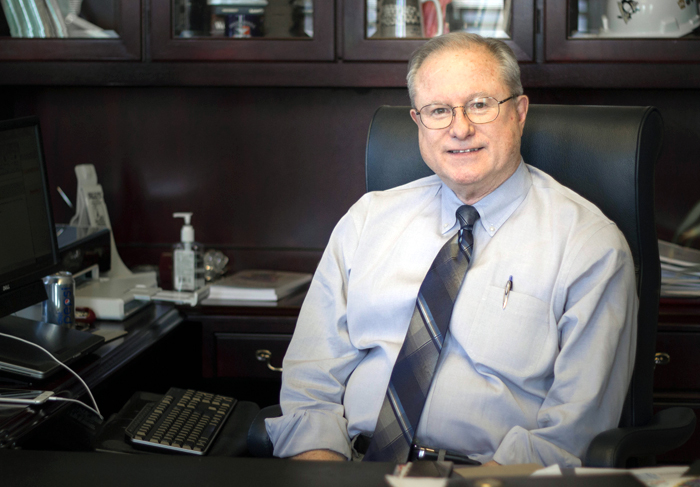
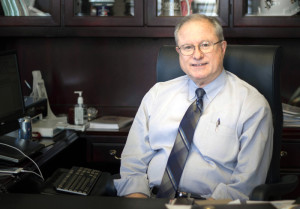
By Kaye Burnet and Julian Routh | The Duquesne Duke
Duquesne President Charles Dougherty announced Friday that he plans to retire when his contract expires on June 30, 2016.
Dougherty, 65, has served as Duquesne’s 12th president since 2001. The University’s Board of Directors has already started a nationwide search for his successor, according to board chairwoman Marie Milie Jones.
Dougherty said his belief in term limits is one of the main reasons behind his decision. In June, Dougherty will have served 15 years at Duquesne, the third longest presidential tenure in University history. According to the American Council on Education, the average length of a college or university presidency is six years.
“I believe that people in administrative positions should step down periodically and be replaced by folks who can come in with a new set of eyes, with a new vigour, who can say, you know, ‘I don’t get why you’ve always been doing it this way. There’s better ways of doing it,’” Dougherty said. “After about 15 years you begin to run out of new perspectives.”
Under Dougherty’s leadership, the University has seen increasing enrollment numbers while also becoming more selective. When Dougherty began his tenure, Duquesne accepted 96 percent of applicants, compared to 68 percent this year. Despite this, class sizes have grown to record numbers and 97 percent of current students say Duquesne was their first choice college, not a fall-back option, according to Dougherty.
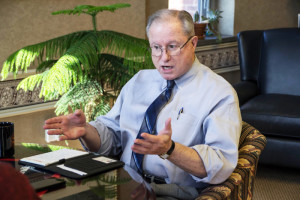
Dougherty also oversaw the largest capital campaign in Duquesne history, which ended in 2011 after raising more than $164 million. Since 2001, the University has invested heavily in real estate purchase and development, including the construction of the Power Center, the renovation of Towers dorm, the purchase of Brottier Hall and lower campus expansion on Fifth Avenue.
Dougherty said he and his supportive administrative team worked hard during his tenure to emphasize Duquesne’s Catholic identity while strengthening its relationships with the Spiritans and Africa.
Duquesne was recently recognized as the 18th most efficiently operated school in the country by U.S. News & World Report. It also jumped five spots to No. 116 in the outlet’s ranking of top schools in the country, and was named a best value school by Kiplinger’s Personal Finance.
Dougherty said he hopes the University’s high national standing will draw a large pool of qualified applicants to the position.
The Board of Directors will oversee the formation of a search committee in the upcoming weeks to look for Dougherty’s replacement. The committee will consist of Spiritans, board members and possibly school deans or other faculty, according to Jones.
Jones has already spoken to national search consultant firms about contracting with Duquesne to aid the search, and said meetings with faculty and students will begin this spring to judge what people want in the next president.
“It’s such an important process,” Jones said. “You have to do it right.”
Jones said most candidates will be deans and other upper level academics from schools similar to Duquesne who are ready to take on a presidential role, or presidents of smaller universities ready for a change.
Dougherty’s contract offers him a guaranteed position as a full-time professor upon retirement. He is currently weighing his options.
“I have 16 months to decide,” he said with a chuckle.
With two grandchildren living in Omaha, Nebraska and two living in Washington, D.C, Dougherty said he wants to spend more time with his family upon retirement.
Dougherty’s retirement announcement came just days after his predecessor, John Murray, died of a heart attack at 82-years-old. Murray was Duquesne’s first president who was not a Spiritan priest.
“One thing that made it easier for me is that I was not the first lay president,” Dougherty said. “On the other hand it also made me free to push the Spiritan identity in a particularly strong way.”
Bishop David Zubik of the Diocese of Pittsburgh, who was on the selection committee that chose Dougherty in 2001, said he expresses his “deep gratitude for the outstanding leadership” that Dougherty provided.
“He has secured a reputation for Duquesne that marks what it truly is, a truly world class Catholic university,” Zubik said.
Alumni relations have been an important priority for Dougherty. He often travels across the country to meet with graduates, which limits the time he spends on campus.
“I think people understand [travel] is part of my job,” he said.
Dougherty acknowledged that tuition increased under his leadership, but said Duquesne is still cheaper than most private schools of the same caliber.
“I know for a lot of students and their families, it’s hard,” Dougherty said. “It’s hard to pay our tuition. Families make sacrifices.”
Under Dougherty, the school’s budget has been balanced every year and the endowment is the largest its ever been at more than $262 million.
Duquesne Provost Timothy Austin said Dougherty is well-informed and in-touch with things going on at the University.
“I’m always struck by the fact that when were talking, I may bring in what I think is a new piece of information. Chances are, he usually knows,” Austin said, calling Dougherty “a person who truly knows Duquesne inside and outside.”
In a written statement, Faculty Senate President Diane Williams commended Dougherty’s work.
“[Dougherty] has guided us through some challenging financial times while at the same time increasing the academic stature of the University,” Williams said.


